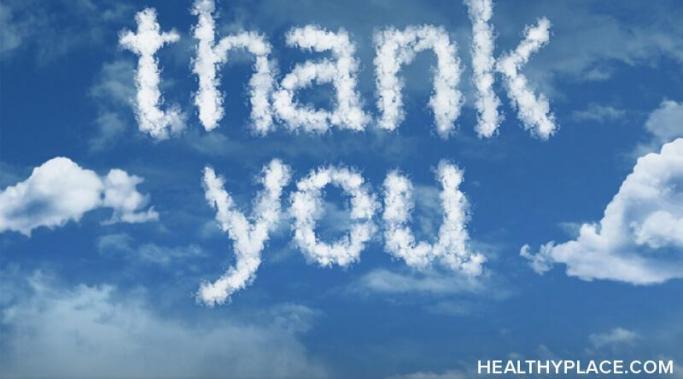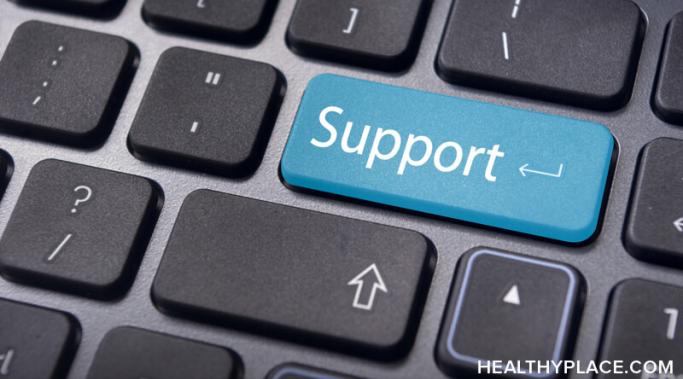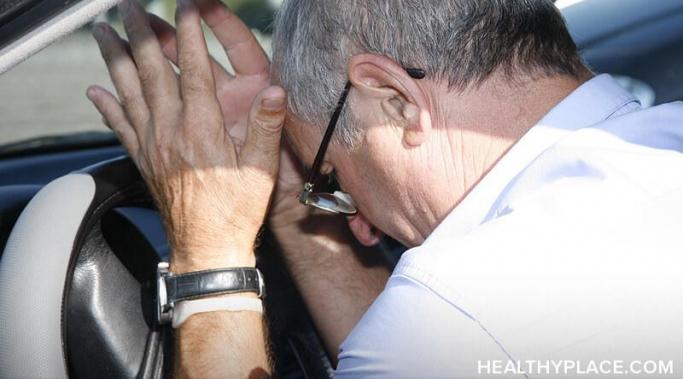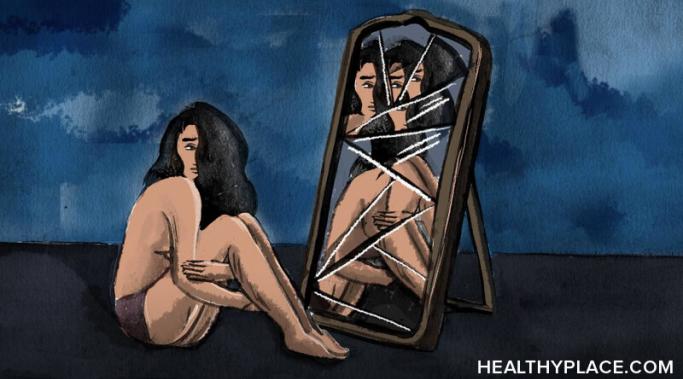Blogs
I've found exercise can help with anxiety. In my experience, physical activity allows me to release emotions that I am feeling, helps me feel less tense, and helps improve my sleep. Since developing a regular routine, I've noticed my anxiety has been helped by the exercise.
I find I can heal through nature. Not only is the great outdoors a place of wonder, but it's an excellent tool for those with mental illness. There are many tactics to harness the healing power of nature and all it has to offer, which comes in handy when anxious or depressive thoughts start to creep up.
Turning 40 was a significant milestone in my life and a major boost to my self-esteem. This recent birthday was more than just a celebration of age; rather, it was a celebration of resilience, growth, and self-acceptance. For those of us navigating mental health challenges, recognizing and celebrating these milestones can be incredibly empowering for our self-esteem.
Goodbyes are never easy, but this one comes with lots of gratitude. I've been writing for HealthyPlace for the past year, and the healing and changes I've managed have been mind-blowing. I started my position as a new freelance writer who was in the midst of her posttraumatic stress disorder (PTSD) struggles. While I thought I'd already healed my childhood trauma and all the wounds it had caused, I didn't realize how much further I could — and would — go on this journey.
While thinking about what to write about this week, I received a text from someone I had not spoken to for a long time, and it inspired me to write about nurturing healthy relationships when you have depression. The relatively quick conversation left me thinking about how the person and I had drifted apart. Yet, in all honesty, I wasn't sad about the drifting apart. What I once thought was a healthy relationship was not. It was very one-sided and unhealthy for me, living with depression. Thus, nurturing healthy relationships becomes not just beneficial but essential when you are coping with depression.
Supporting your loved one during a gambling addiction recovery journey is quite difficult. Seeing a loved one struggle with gambling addiction can be heartbreaking. You may feel a mix of emotions – concern, fear, anger, and even frustration. But amidst these feelings, one desire likely stands out: to help them get better. However, starting a conversation about a sensitive topic like gambling addiction can be daunting. In this article, I'll share some tips to guide you through this difficult but necessary conversation that serves as a starting point when supporting a loved one in addiction recovery.
I have anxiety while driving, despite my previously being a confident driver. I never worried about anything terrible happening while driving, but then I had kids, and my problems with anxiety and driving appeared. Suddenly, the precious cargo I was carrying weighed heavy on my mind. I saw potential accidents and danger everywhere.
As someone who has been on the healing journey for almost 15 years (and counting), I can assure you that there is no need to rush eating disorder recovery. Of course, this does not mean you should overlook urgent health concerns or delay the search for crucial therapeutic interventions. But once you are in a safe and stable place, the work to heal from those false narratives or unresolved traumas beneath your eating disorder behaviors can take years. This process does not come with a linear time frame, so moving too hastily through it could rob you of valuable growth opportunities. For this reason, I firmly believe there is no need to rush eating disorder recovery.
If you are active on social media, you are probably aware of the "bed rotting" trend. Coined by a TikTok user in 2023, this term has become synonymous with self-care for Generation Z. However, I believe that bed rotting is not an act of self-care because it occurs when getting out of bed feels impossible.
Emotional neglect stands out as a significant borderline personality disorder (BPD) cause. Looking back on my childhood, I can clearly see how moments of emotional neglect contributed to my struggles with borderline PD. Below are examples of daily symptoms and their root incidents.









